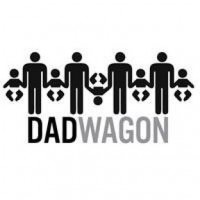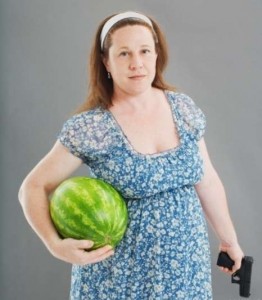Tomorrow, for the first time in over six years, a new week will begin and I won’t return to my job as an editor of Harper’s Magazine. Layoffs have come to Harper’s, and I was targeted for removal because, to borrow the cheery terminology of my employer, my efforts could easily be “absorbed” by the rest of the staff.
The magazine’s cutbacks have garnered some attention in the media and on a little social media site of some prominence (I work in Old Publishing, but this Facebook thing seems to have some currency among the kids). As such, I see little need to go into the reasons why I lost my job in any great detail. About three weeks ago my union representative informed me that Harper’s management wanted to lay me off. I was told that the union would be willing to fight on my behalf to save my job, but that if I chose, it would instead focus on securing me a severance package. I selected the latter.
Life at a publication such as Harper’s is far from easy. The pay is bad, chances for advancement are almost nonexistent (during my tenure at the magazine, only two people on the editorial staff received a promotion due to merit rather than attrition; I was one them), and with each day, the sense that the magazine and the nation’s readers hold less and less in common only seems to increase. Americans still care about politics, culture, and literature, despite the temptations of new media, television, and whatever myriad distractions presently on offer. Unfortunately, those concerns don’t seem to require Harper’s as an arbiter of what’s valuable, a critic of what’s wrong, an exemplar of comedic savagery, or (to borrow from another endangered colleague) an opportunity for middlebrow intellectual self-congratulation.
This hardly seems the forum to go into why that change has taken place. I will say that Harper’s problems are hardly original among its publishing peers: the challenges it faces are structural, others stem from poor luck and an inability to plan; most, however, are clearly self-inflicted.
All that said, the decision to accept the severance package and leave Harper’s was a painful one. Like everyone on the editorial staff at Harper’s, I stayed for as long as I did for a simple reason: I love the magazine. I always felt lucky to work there. I considered myself truly fortunate to come each day to a place where all—not most, but all—my peers were good at their jobs, took it seriously, and that the project at hand–the only one people cared about–was the creation each month of a careful, well-written, smart, critical, creative, funny, perverse, strong, and necessary work of journalism. I could live without the money and the job titles. I wanted to make the magazine.
I’m 37 years old and out of work in the middle of what, for publishing at least, is a depression. I may never again hold a job of similar prestige and seriousness of purpose. Hopefully, the book I’m working on (tentatively titled Am I a Jew, it is expected in 2012 from Hudson Street Press) will be a success by whatever lights my publisher needs to allow me to write another. That will be my primary focus for the next six months until I start looking for work.
I’m a little unsure how exactly to structure my days now that I don’t have an office and colleagues and boss waiting for me. I’m also concerned about the impression I’m conveying to my children, who now won’t have me as an example (along with their mothers) of what adults do to earn a living and occupy a responsible role in society. My two DadWagon colleagues are also self-employed writers. I’m curious if they’ve ever given this any thought: I knew my father as the sort of person who put on a suit and disappeared to work every day. Work was a place where, when I visited him, people spoke to him with some modicum of respect. His job represented certainly not all but a fair amount of who he was. I knew him (and I still do) as a man who worked. Without thinking about it too much, I’ve always wanted my children to see me in the same way—presentable, respectable, necessary.
I’d like to think that I will have those things on my own, without an employer, and I hope this post doesn’t read as self-pitying. What’s occupying my mind right now is what perspective my children will have on me if I have to define my worth without someone else’s assistance. It’s new, it’s troubling and exhausting, it’s thrilling and maddening, and I’m curious to see how it will turn out.
I’ll keep you posted.



